Coronavirus – Help for the Self-employed
The ‘Self-employment Income Support Scheme’ (SEISS) broadly mirrors the Job Retention Scheme (JRS) previously announced for employees on PAYE, although the eligibility criteria are a little more restrictive. The JRS has been extended to the end of October 2020, and the SEISS has also been revised to provide a further three months’ grant to eligible self employed businesses.
The help available
Under the initial SEISS scheme, self-employed individuals who have suffered a loss of income owing to the Covid-19 pandemic may claim a taxable grant of 80% of monthly profits, up to a cap of £2,500 per month. HMRC will take an average of the individual’s profits over the three tax years to 5 April 2019 (or trading period, if shorter) in calculating the monthly profit upon which the 80% grant is based. The grant will need to be included in taxable business profits of the period in which it is received.
The SEISS claims portal opened from 13 May 2020, and claimants receive a single lump sum payment within around six working days. Applications for this initial three month grant will close on 13 July 2020.
A second grant equal to 70% of average monthly profits, capped at £6,750 may be claimed from August 2020. The same eligibility criteria apply for both the 80% initial grant and the 70% second grant.
There is no requirement for the individual to have claimed the first grant to make an application for the second grant, and equally taxpayers who have received an initial grant are under no obligation to apply for the second, final grant.
Further information on the second SEISS grant is expected to be published on 12 June 2020.
Who is eligible?
The SEISS is open to individuals who were self-employed or a partner in a partnership (including a member of a limited liability partnership) in the 2018/19 tax year, whose profits have been affected by Covid-19, and who continue to be self-employed in the current tax year.
Individuals must also have filed a tax return with HMRC for 2018/19 in order to be eligible. Returns for 2018/19 were due on 31 January 2020, but those who have yet to file their 2018/19 tax return were given a four week grace period to 23 April 2020 in which to submit their returns. Late filing penalties will still apply.
The SEISS will only apply to those with trading profits of less than £50,000 in 2018/19, or where average trading profits over the tax years 2016/17, 2017/18 and 2018/19 were below £50,000. This will assist those with variable profits, as a ‘good year’ in 2018/19 where profits are above £50,000 may be smoothed out to below the threshold over the three year averaging period. A shorter period of averaging will be used where the self-employment commenced after 6 April 2016. Profits are computed before adjustments for, for example, farmers’ averaging. Brought forward losses are ignored, but current year losses are taken into account in calculating average profits.
Note the issued guidance refers to ‘trading profits’, and broadly means ‘taxable trading profits’.
HMRC have produced an eligibility checker and this can be found at https://www.tax.service.gov.uk. To use the checker, taxpayers will need their 10-digit Unique Tax Reference (UTR) and national insurance number.
To be eligible, the individual must derive more than half of their income from the self-employment in 2018/19, or more than half of their income on average across 2016/17 to 2018/19. This requirement may penalise those who are both employed and self-employed.
For those whose self-employment started after 6 April 2019, there remains no help available under the SEISS.
How to Claim
HMRC will use information from taxpayers’ 2018/19 tax returns to identify those eligible for SEISS and contact individuals directly with an online claim form. Contact is being made using details held on the taxpayer’s personal Government Gateway account. It is therefore extremely important that information is up to date. Taxpayers who do not have a Government Gateway account should set one up by visiting the Gov.UK website and searching for ‘set up a personal tax account’.
Applicants will need to confirm that they meet the scheme’s eligibility criteria, and as with the JRS, it is expected that HMRC will audit applications in due course. Taxpayers will be given a specified date on which they may submit an application.
Agents are not able to claim on taxpayers’ behalf, although we will of course be happy to guide those wishing to claim through the process.
Those eligible for a grant under SEISS will receive a lump sum payment directly into their bank account within around six days of submitting a claim.
If you have any questions, please get in touch for any specific queries.
